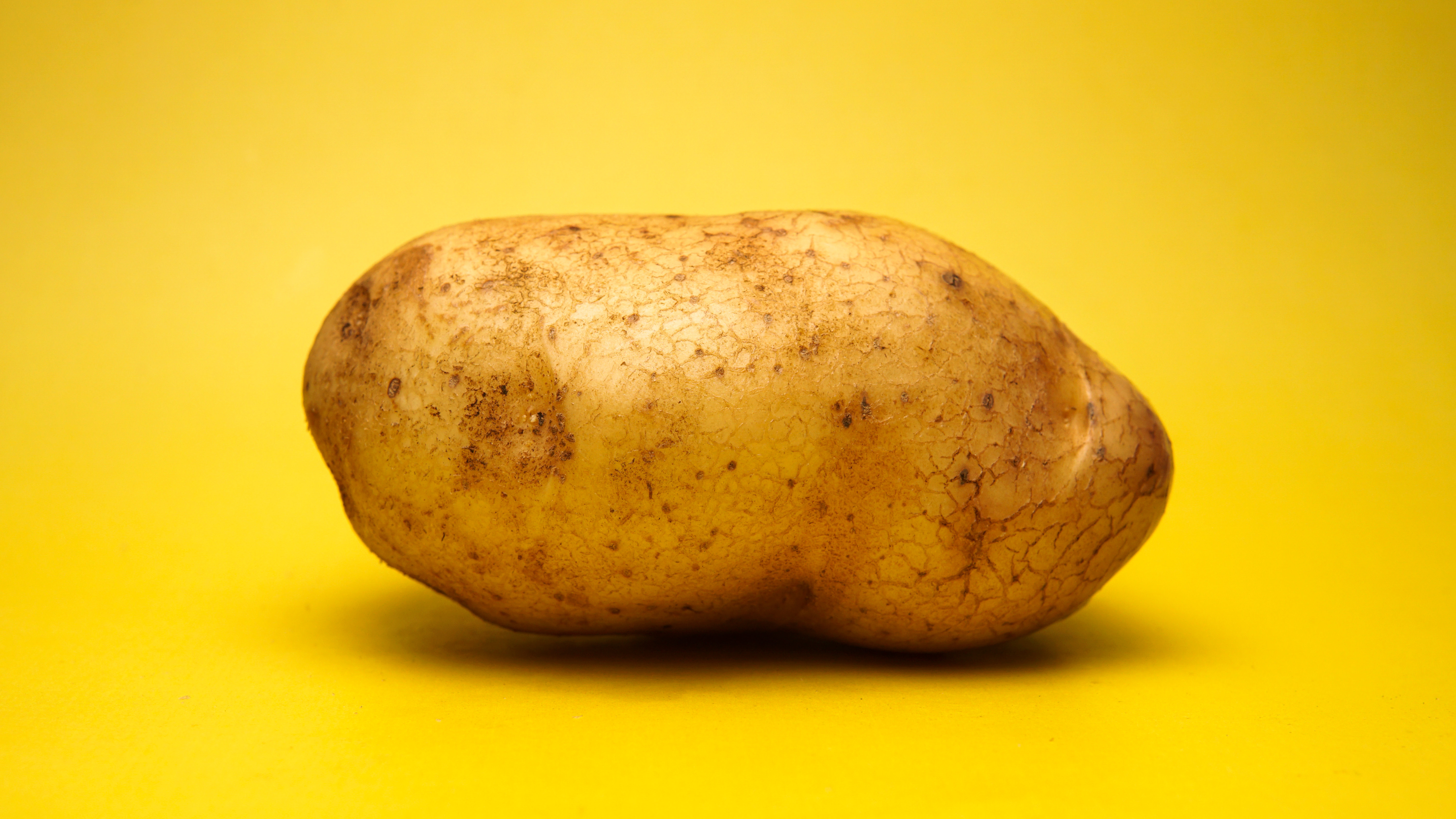This 3,000-Word Story On The Global History Of The Potato Is Simply Irresistuber
Greetings, Takeout readers. It is my birthday today, and look what the BBC got me: 3,000+ words on the world's most perfect food.
Even the most devoted lovers of potatoes out there will surely find some new tidbit of potato information contained within! Writer Diego Arguedas Ortiz has put together a veritable root cellar of interesting information about the crop that food historian Rebecca Earle, interviewed by Ortiz for the story, calls the "world's most successful immigrant." For example, did you know about the International Potato Center? (I did not.) Based in Peru, from whence the mighty potato originally hails, it's a "research-for-development organization with a focus on potato, sweet potato, and Andean roots and tubers. It delivers innovative science-based solutions to enhance access to affordable nutritious food, foster inclusive sustainable business and employment growth, and drive the climate resilience of root and tuber agri-food systems."
Ortiz also addresses why the potato has become such a staple of diets the world over (though this is just the tip of the iceberg):
The potato is the world's fourth-most important crop after rice, wheat and maize, and the first among non-grains. How could an Andean tuber persuade the world, in just a few centuries, to adopt it so completely? What made the potato so irresistible was its unrivalled nutritional value, its relative easiness to cultivate as compared to some major cereals, its ability to easily navigate wars and tax censuses due to its knack for hiding underground from collectors, and in particular, its camaraderie with working men and women in the fields.
It turns out that the potato is as good a vessel for global history—stories of immigration, colonization, cultivation, famine, adaptation, and so on—as it is for butter and salt. Take this section about how and when the European populace adopted the potato as a nutritional staple:
In a matter of centuries, potatoes entered the European and global economies as a staple crop. For decades, food historians (such as those noted in this FAO booklet from 2008) have explained this spread as the result of well-meaning Enlightened sages obsessed with the nutritional properties of the tubers that managed to persuade a reluctant and conservative populace to adopt the potato.
But Earle has her doubts. It was peasants who adapted the potato to Europe, she argues, thus they needed no persuading. Elites did not discover a new crop, but rather, they had a novel idea of what healthy food was. Instead of placing a "superfood" in the middle of European diet, they realised that nutrition needed to take a more central role and looked around for those crops that might serve their purpose. The humble tuber was already there.
It is a good, long, information-packed story that links out to many other interesting stories. If you're interested in food, history, economics, or spuds, click through and enjoy.
